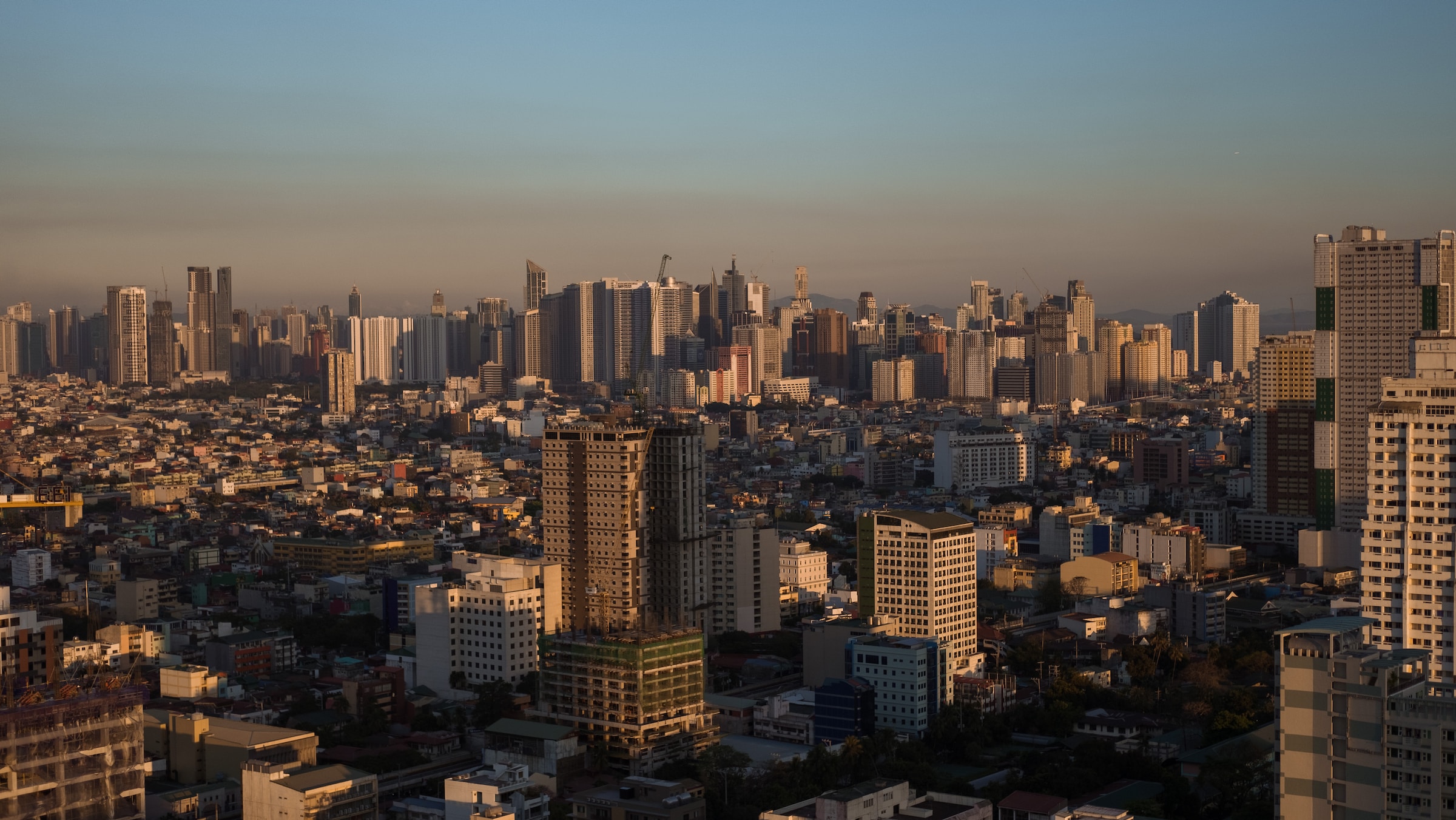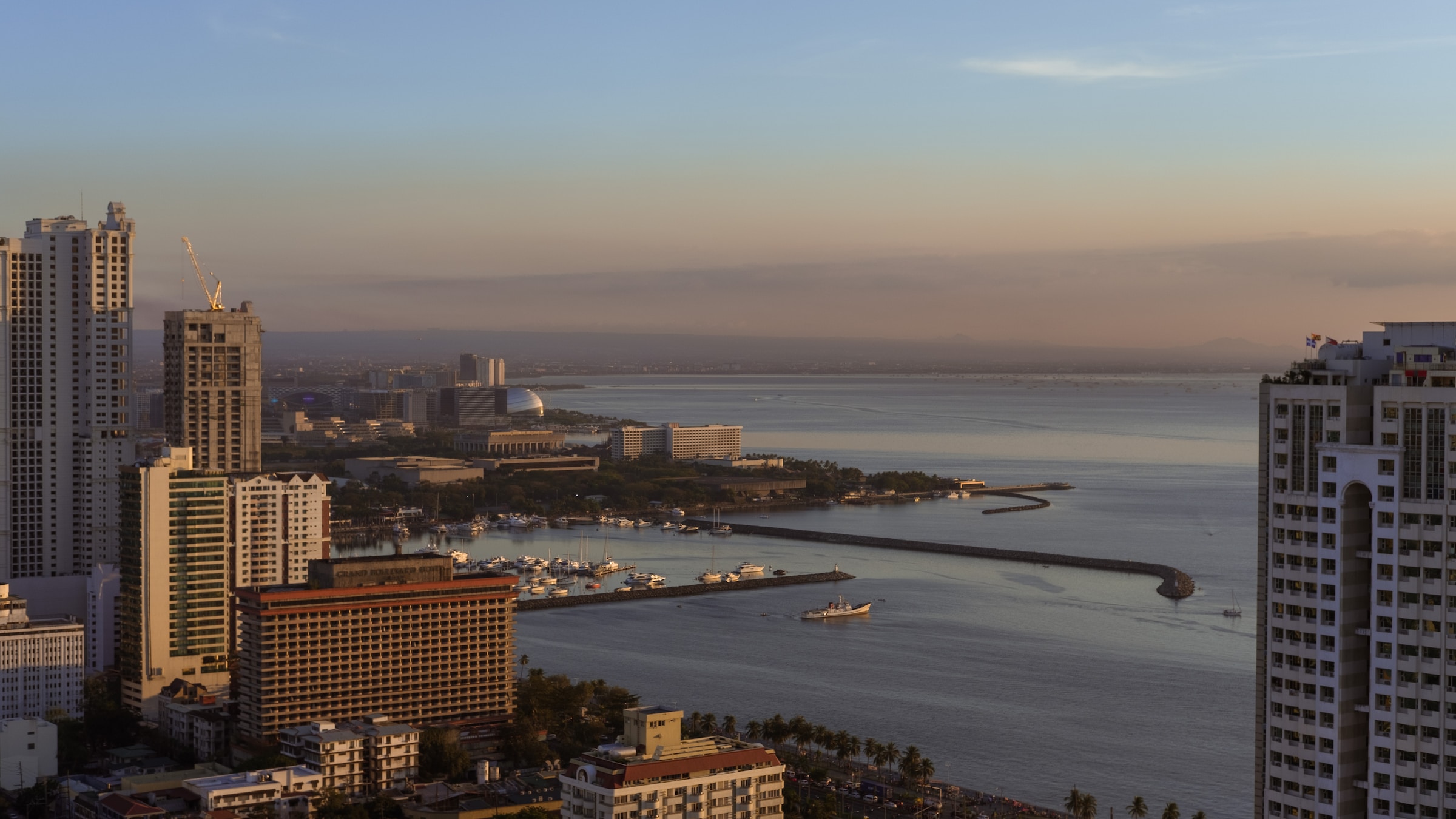Are you planning to buy a condominium unit in Metro Manila? Ask yourself these five questions before investing your hard-earned money.
Despite the effects of the Covid-19 pandemic, the Philippines real estate industry has remained strong and is expected to remain resilient in the coming years. According to a report released by Colliers, a real estate service investment company, 166,400 condominium units will be available in Metro Manila in 2024, a 17% increase compared to 2021. Majority of these will be in the Manila Bay Area.
Investing in real estate property, particularly in Metro Manila is even more tempting, especially for Filipino expats with expanding families who regularly go home for vacation. But before you invest your hard-earned money, ask yourself these five questions.
Why are you buying a condominium unit?
Investing in a real estate property in the Philippines or buying condominiums in Metro Manila, is a big financial decision. When Irene Ulayao-Ilagan, a restaurant owner in Barcelona decided to buy a condominium unit in Manila, she and her husband asked themselves this question. A house in Manila will not be really useful for them since they are only in the Philippines for short vacations. So they opted for a condominium unit or a condo. In addition to using it as an accommodation instead of staying in expensive hotels, they expect to earn a minimum of Php2,500 per day by renting it out. For them, buying a condominium unit is also a source of additional income.

Is your budget realistic?
Property value increases each year, but so does the cost of construction, maintenance, property tax, insurance, utilities, etc. Downpayment and monthly amortizations are only the initial expenses. Do you have the budget for this? How would you adjust your income and expenses to cover the costs?
When *Robert Villanueva, a Filipino expat based in Switzerland, bought his condominium unit in Makati, he opted to pay it in five years. The mortgage was so high that he was working three jobs while paying for it, while also sending remittances to his family in the Philippines. He was also burdened with other costs such as repairs and monthly community dues. Finding tenants was challenging. Looking back, he would have chosen to buy a house instead or a unit in another location.
Can you find a trusted real estate broker abroad?
Both Irene and Robert say that finding a trusted real estate broker and real estate property agents is very important when buying a condominiums in Metro Manila. For his part, Robert says that the sellers weren’t very transparent when it came to additional costs. He advises not to be lured by sales talks and decide based on your own plans.
Research the property developer of the condominium complex that you are planning to buy. Do they have a good and long history of property development? What is the current state of their properties? Do they partner with reliable financial institutions when it comes to payment? Google and social media sites like Facebook are a good place to get independent reviews.
Check whether your broker is licensed via the Philippine Regulation Commission (www.prc.gov.ph). In the Philippines, real estate brokers need to get a degree in Real Estate Management, register at the Professional Regulation Commission and pass the Real Estate Licensure Exam. They also have to be registered at the House and Land Use Regulatory Board. Check whether they are members of the Philippine Association of Real Estate Boards, Inc (PAREB) (parebmls.com) or the Real Estate Broker of the Philippines (www.rebap.com.ph).
A real estate broker is different from a real estate property agent. They can both sell and buy properties for you but real estate brokers have more in-depth trainings than real estate property agents.

Do you know Republic Act No. 4726?
When you buy a condo in Metro Manila, you automatically become a shareholder of your condominium corporation. This is stated in the Section 2 of Republic Act No. 4726 also known as The Condominium Act. As mandated by Section 11 of Batas Pambansa Blg. 68 or the Corporation Code of the Philippines, corporations cannot exist for more than 50 years.
To protect consumers, Section 8C of the Condominium Act states that before an entire building or project could be sold or demolished, the building must be more than 50 years old. It must have no value and the majority of the unit owners does not agree to repair the building anymore.
So it becomes even more important to buy condominiums built by trusted property developers that do not sacrifice the quality and sustainability of the units for maximum profit.
Are you ready to pay 32% rental income tax?
If you are planning to rent out your condo, you are required to pay taxes. Rental income tax is paid when a property owner, who does not have other types of income in the Philippines, earns at least $1,500 or more or less Php 64,000 a month for leasing their property. The lessor must also not have an existing mortgage in the Philippines. Rental income tax can go up to 32% for earning more than $10,000.
While investing in a condominium unit is a good financial decision, Robert thinks that buying a piece of land from a trusted seller is also a good option. He advises potential buyers to make sure that they are aware of all the costs. And to consider all possible risks, including getting sick or unemployed, before jumping the gun.
*some names have been changed as requested by interviewees.




